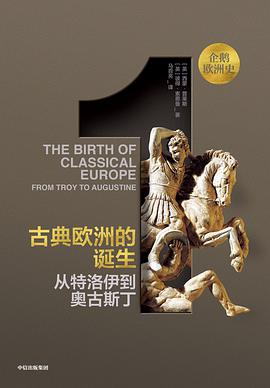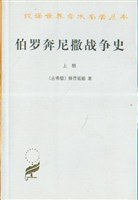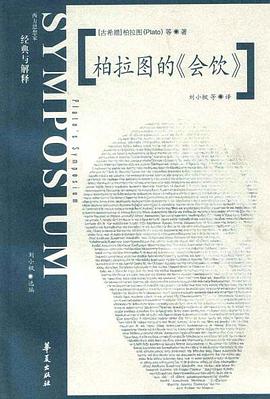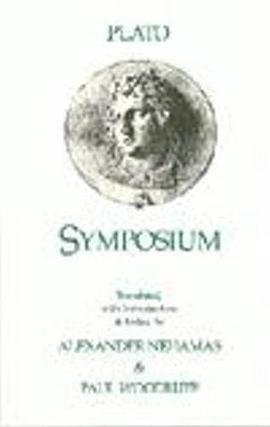Review
An all-male dinner party in Athens in 416 BC, with plentiful wine and attentive serving-girls, seems an unlikely setting for one of the world's greatest treatises on the nature of love. Yet in the Symposium Plato presents a series of witty, erudite and immensely readable speeches on love, in a setting which would be very familiar to the Athenians of the day. Students of classical Greek will delight in Robin Waterfield's fluent yet comfortable translation. His emphasis on accessibility rather than over-literalism has produced a translation sparkling with wit and ideas, which classicists and non-classicists alike will enjoy reading. Waterfield's fascinating introduction to the text provides valuable background to the sexual mores of the time and the social culture of classical Greece. He also examines each speech in detail, elucidating some of the more oblique points of the text to enable the reader to tackle it with confidence. The Greek playwright Agathon has walked off with the laurels at a recent competition, and is celebrating his victory with a select dinner party, or symposium. As he and his guests take their places, they decide to hold back on the amount of wine they consume and talk about love. The guests at the symposium are a mixed bunch of characters, who deliver their speeches in various styles and with different reactions from their appreciative listeners. Agathon's fellow playwright, the comic master Aristophanes, is there, as is Erxymachus, a doctor, and of course Socrates himself, brilliant philosopher and Plato's mentor. The conversation ranges from a declaration of the importance of homoerotic love to Socrates's account of his discussions with the prophetess Diotima, who claimed that we can only achieve true goodness through love. Into this scene of convivial discussion bursts Alcibiades, ex-lover of Socrates, military genius and famous bon viveur with a scandalous reputation. Thrusting himself between Socrates and his latest lover, Agathon, Alcibiades insists on joining in with the discussion but soon digresses and talks about his own love for Socrates. Although some critics have found the gate-crashing Alcibiades's speech sits awkwardly on such profound metaphysical discussion, it reminds the reader of the physical reality of love, while making several pointed references back to earlier speeches. As Waterfield says at the beginning of his introduction, the Symposium should be read at a sitting and re-visited for further enjoyment and insight. Layer after layer of meaning becomes revealed, and this slender dialogue proves to be a box of ever-increasing delights. (Kirkus UK)




